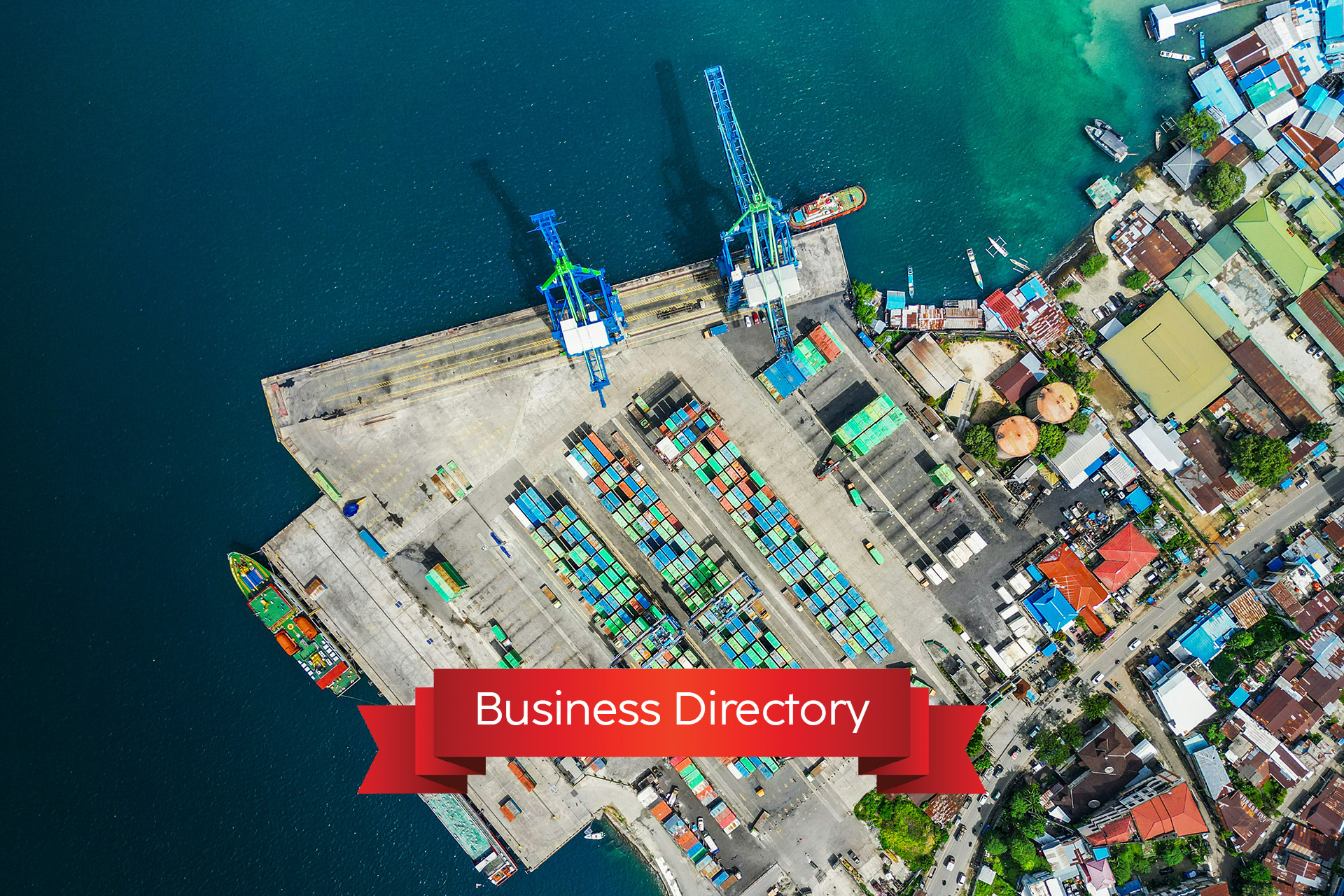Indonesia is preparing to implement a major policy change that could impact the country’s exporters. The government is considering a new regulation that will extend the mandatory storage of Export Foreign Exchange Earnings (DHE) domestically, a move that aims to strengthen the economy but may present challenges for exporters who rely on quick cash flow.
If enacted, this regulation will require exporters to hold their DHE in Indonesia for a minimum of one year, up from the current three months. This change is part of a broader revision to Government Regulation Number 36 of 2023. To encourage compliance, the government has promised additional incentives to exporters, including fiscal benefits such as income tax exemptions on DHE that is stored within the domestic financial system, whether in foreign currency or converted to rupiah.
“We are preparing this with Bank Indonesia and the banking sector. The incentives are appealing,” said Airlangga Hartarto, the Coordinating Minister for Economic Affairs, during a statement in his Jakarta office on January 8, 2024.
Understanding Export Foreign Exchange Earnings (DHE)
In simple terms, Export Foreign Exchange Earnings (DHE) are the foreign currencies that Indonesian companies receive when exporting goods, particularly those derived from natural resources like mining, agriculture, forestry, and fisheries. The government mandates that a portion of these earnings be stored domestically to help stabilize the economy, control the rupiah’s exchange rate, and increase foreign exchange reserves.
According to PMK 73/2023, foreign exchange is defined as financial assets and liabilities used in international transactions. DHE, therefore, refers specifically to earnings from the export of natural resource-based products. “The goal of requiring the deposit of Export Foreign Exchange Earnings (DHE) in the domestic financial system is to increase foreign exchange liquidity and boost the financial services sector,” said Minister Airlangga Hartarto.
The government’s policy aligns with the spirit of Article 33 of Indonesia’s 1945 Constitution, which calls for the utilization of natural resources for the benefit of the people and national economic resilience.
Key Changes in Export Foreign Exchange Earnings Regulations
The revision of Government Regulation (PP) Number 36 of 2023 is nearing completion. It will mandate that exporters store their DHE for a minimum of one year, up from the previous three-month requirement. “The DHE regulation is now in its final stage,” said Airlangga Hartarto on January 16, 2025. Although the government has not yet set a date for the official release of the regulation, it is expected to be issued soon.
Under the new rules, exporters who park their DHE in the domestic financial system for one year will benefit from higher interest rates on their foreign currency term deposits (TD DHE), surpassing those available in Singapore. While Indonesia’s foreign exchange term deposit interest rates are currently lower than those in Singapore for short-term deposits, they are expected to improve for one-year terms, making it more attractive for exporters to keep their earnings within the country.
You may be interested in: How Important is the Role of Business Directory in Indonesia?
In contrast, term deposits for US dollar savings in Singapore banks range from 2.95% to 3.86% for one-month terms, but can reach up to 5.1% for a 12-month term. These interest rates are still lower than those in Indonesia, but they vary depending on the deposit value.
Another area still unclear is the minimum percentage of DHE exporters will be required to deposit in Indonesia’s financial system. It could remain at 30%, or it might be increased to 50%. “For clarification, please wait. Hopefully, the new regulations will be announced next week,” said Airlangga Hartarto.
While the extended storage period may present a challenge for exporters who depend on fast cash flow, especially in sectors such as trade and natural resource exports, there are also significant opportunities. By requiring exporters to retain foreign exchange earnings in the country for a longer period, the policy is designed to enhance liquidity and support investment within Indonesia.
Read also: Increasingly Reliable, QRIS and BI-Fast Transactions Surge Throughout 2024
Although the policy could limit liquidity for exporters in the short term, the government plans to provide various incentives to help them adjust. This could include tax exemptions, lower deposit interest rates, and other benefits that might offset the added challenges posed by the new regulations.
How Bizindo Can Help Exporters Navigate Changes
In light of these regulatory changes, it’s crucial for exporters to have a reliable partner who can help them navigate the complexities of the new policies. Bizindo is here to offer expert assistance with all administrative requirements, including compliance with new regulations and setting up bank accounts in Indonesia. Our team is ready to provide services that will help exporters adjust smoothly to these changes, ensuring their businesses continue to thrive.
Contact Bizindo today and let us help you stay ahead of these regulatory changes while ensuring your business runs efficiently and effectively.





 20% off today. Whatsapp us!
20% off today. Whatsapp us!